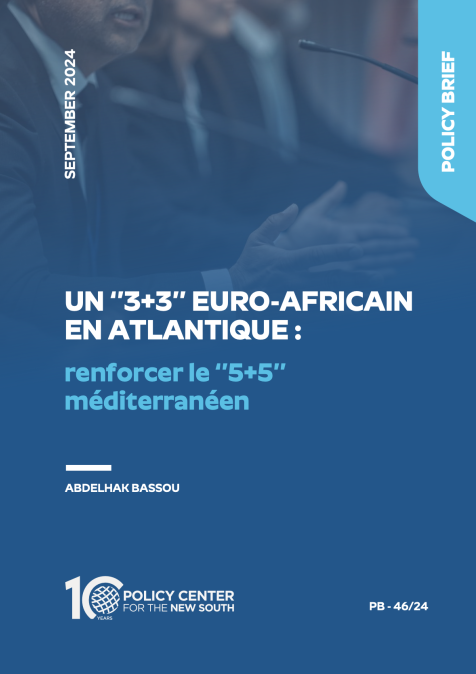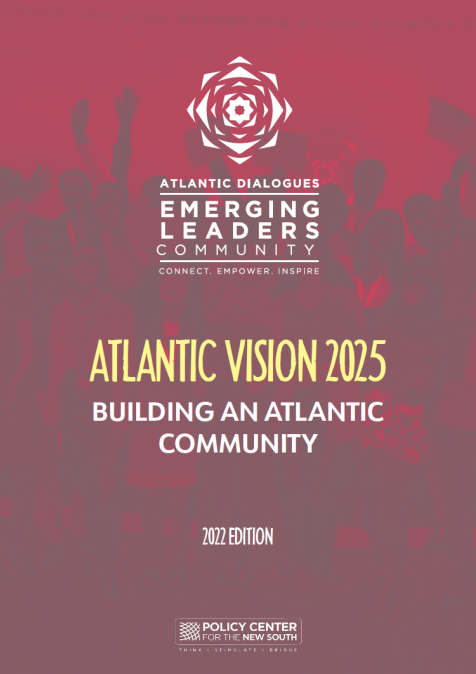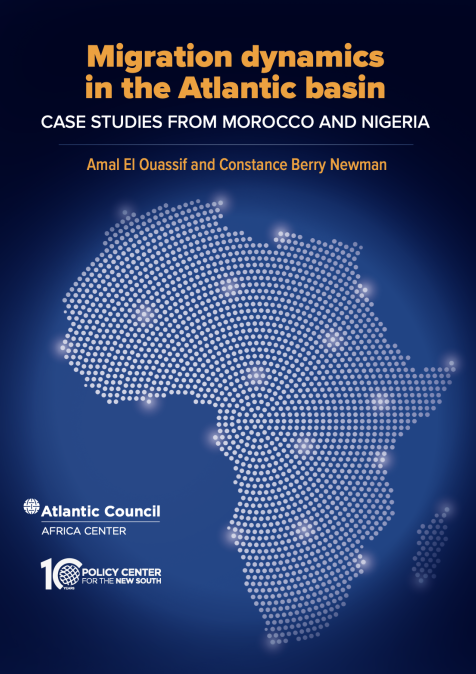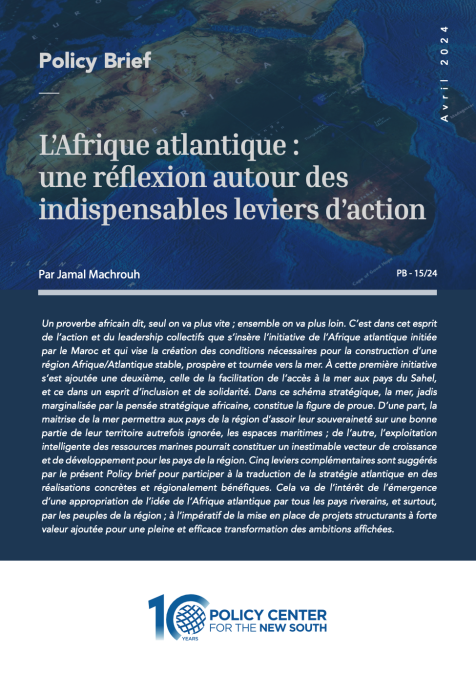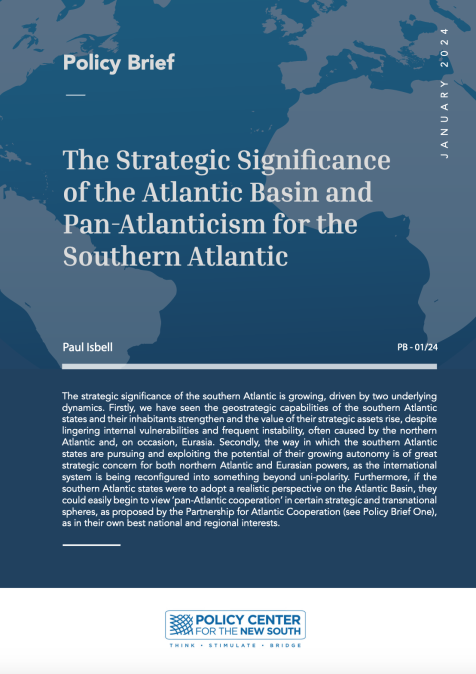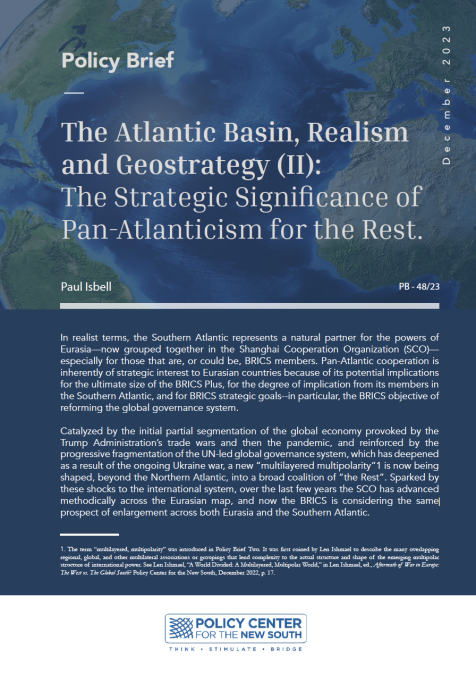The Atlantic Basin can be considered a relatively peaceful geopolitical space. However, unprecedented challenges in terms of policy planning and strategizing have had to be faced by South and North Atlantic states. The conjunction of sanitary, economic, and political crises has raised questions about the historical stability of the Atlantic Basin. It has also given traction to pre-existing populist and far-right movements in many parts of the northern Atlantic. Nonetheless, The Atlantic Basin as a fresh and untapped geopolitical space can serve as a new platform for a North-South dialogue. With the maritimization of the world and the expansion of international trade, the Atlantic Ocean can be considered like a river that can be bridged where new narratives and postures can emerge, when it comes to international relations and the perception of the developing world. The necessary synergy between economic growth and energy transition and the new paradigm for migration imposes a Pan Atlantic approach to these challenges and greater commitment to dialogue and cooperation.
- How can we change narratives around the Atlantic Basin and include a North-South dimension in the geopolitical framing of this territory?
- How can we strengthen cooperation and understanding between Southern Atlantic countries and the rest of the stakeholders ?

